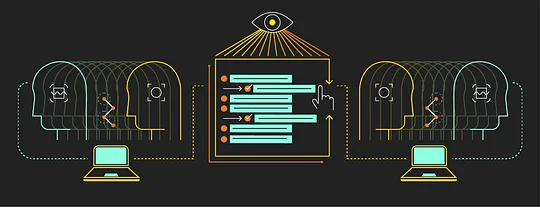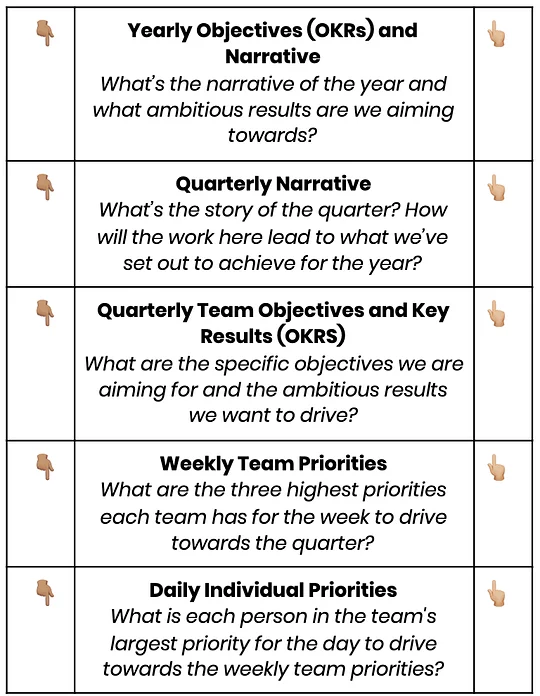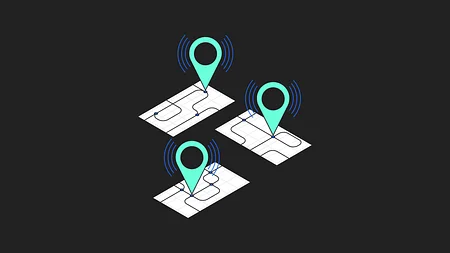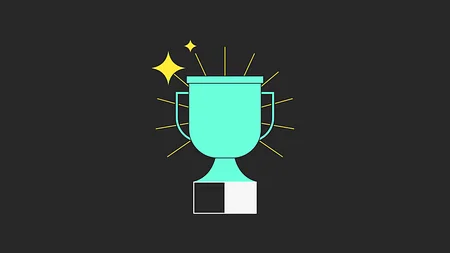My productivity hack: self-reflection and setting priorities

With remote working now the norm for most of us, the need to prioritise is more important than ever.
It’s tough. You have deadlines and things to do. Today you’re trying to do that all of that while working remotely and, naturally, being concerned about loved ones and friends.
This post isn’t about work/life balance, but how to make the ‘work’ part of that as efficient as possible.
While this sentence is almost Dr Seuss level of rhyming, through my career I've found one thing always true: there are those that think and those that do. Finding someone exceptional at one is quite easy to do both at the same time is harder to do!
I’ve found broadly people fall into one of four categories:
- Thinker Stinkers - Great thinkers who think about the wrong things constantly and come up with great ideas but about the wrong things. They are smart and can pontificate with the best of them but can fail to focus consistently on the real task at hand. They can do amazing things but require constant focusing on the things that need to be done. They take their energy from talking to people about something.
- Sniper Savants - These are very focussed thinkers who can exclude all other things around them and create great thoughts about specific problems at work. They can sometimes have trouble making doers understand their thoughts as they think so big, and jump to conclusions given their brain works that fast. They are usually right but being right is only 10% of getting the job done. They take their energy from solving hard problems.
- Directionless Doers - These are those who will run through walls to make things happen but often find themselves being busy rather productive. As they cannot prioritise what should be done themselves without clear direction they can often feel overwhelmed and overworked but with tight focusing (similar to those Thinker Stinkers) will get amazing results. They take their energy from feeling focussed.
- Focussed Doers - These are doers who have been given a direction (usually by a thinker) which then acts like blinkers on a horse. They will blast through a backlog and make something happen in ways that Thinkers of any type couldn't even comprehend. They take their energy from delivery and make it happen.
Now while these are loose stereotypes, honestly, you need to have all types of folks to make your business truly effective. Like a football team having all strikers wouldn't work out very well for your defence, having a firm all one type of person would lead to chaos.
When hundreds of things are coming to you to be done then it is hard to know what to do and, more importantly, what to do next
I think everyone has a natural bias towards one of these stereotypes but many people never really have the self-awareness of what type of person they are.
Overcoming Your Bias
If you recognise yourself in one or two of those groups then the lucky thing for you is that while the benefits will always be with you the shortcomings can be overcome also.
I've worked with some brilliant people in my careers and here are a few things that I’ve seen the best thinkers and the doers do is the following:
- Set the pace - Set themselves and those around them stretching targets that provide those around them the ability to “think” for themselves.
- Communicate empathetically - They always think about the end objective and how to communicate that to the entire team and get them to rally behind the cause.
- Keep lists - Keep a clear list of all the things that the teams have to do at the macro and micro level.
- Prioritise a lot - Constantly (and I really mean constantly) assess what is the most important thing that they should be doing against number 1. Having the time and space to think about what is most important is critical.
While number 1 on this list I do naturally 2, 3 and 4 are things that I really had to work hard to get good at. And they're never ‘done’, you have to keep yourself honest about that this is always a learning exercise.
I'm going to come back and write about number 2 at another point and how I worked to crack that one. Here I'm going to share how I addressed 3 and 4.
Keep Lists: My S-List
Every single person has a limit to how much they can work sustainably. And doubly so right now.
I'm not talking about staying up all night one night, I mean day in day out what your tolerance for work is. Mine is high today but only because I care about what I do and feel in total control of what I do and how I do it.
the list is all about defining the biggest things I need to focus on, and ensuring I’m spending time on what matters most.
It hasn't always been this way. When hundreds of things are coming to you to be done then it is hard to know what to do and, more importantly, what to do next.
“I can do anything, not everything.”
I've had to remind myself of that throughout my career - and still do!
That’s why I have my “S List” - pretty sure you can guess what the ‘S’ stands for there. For me, the list is all about defining the biggest things I need to focus on, and ensuring I’m spending time on what matters most.
The list services multiple purposes:
- Prioritisation and reprioritisation. Things change, something urgent needs attention, or something else gets pushed back. At a glance, I know what I should be focussing on and where I can have the most impact and add the most value.
- Gives you a feeling of control. This is a biggie. The focus and prioritisation are so important because when things are crazy you need to feel in control. This doesn’t mean you aren’t collaborative - in fact, the opposite is true! You are the master of your destiny and know what you’re working on and what needs to happen and when.
- Allows you to push back. This can be tough but sometimes a ‘no’ is the best result for everyone involved. This is, of course, a lot easier to do when you’re surrounded by brilliant people but also by folks who have those different skills sets. But crucially it means you get to focus on what really matters, which leads me to…
- Effort vs Impact.Always a tough one. You ever slogged your guts out and then thought ‘hmmm that didn’t seem to make much of a difference.’ It is the worst feeling and hugely demotivating. The S List is a great way to ensure your focus is, by default, on what will deliver the most meaningful impact. It’s why we talk a lot about 1% improvements at 11:FS, of not standing still and constantly iterating and improving.
- The impact of ticking off something. No matter what it is on the list - remember it’s there because it’s the biggest priorities - ticking something off is just so damn satisfying. A job well done, a benefit delivered.
- The reinforcement of reading back what you’ve achieved. When you’re in the middle of something it can be so hard to see the wood for the trees. All your focus is on getting it done and getting it done well. Once you’re out the other side you can look back on what you’ve achieved - I’ve found this immensely powerful at our End of Quarter Townhall when I see what the business has achieved and the impact it's had on our business. It also allows you that reflective moment for a job well done.
How we set priorities at 11:FS
That thinking has grounded and informed how we set priorities as individuals, teams and a company. This didn’t happen overnight and wasn’t perfect but after a year of really focussing on every element, I think it’s the most efficient and effective way to think about priorities.
This is a simplified version of our thinking.

We’ve found this approach hugely beneficial both to individuals, as well as the teams at 11:FS.
As you might expect given the current situation it’s also been a huge benefit to us as we look to adjust to new realities. That has meant a reevaluation of what we believe 2020 will bring and what that means for our OKRs in Q2 and Q3. From there we can see the impact on each of the teams and what they need to focus on. Then finally, there are the individuals who will make it all happen.
It helps to surface gaps or issues you may not have thought about. It helps ensure alignment so that everyone in the organisation knows what we’re aiming for, and how they will play a critical role in helping us achieve it.
The transparency it provides has helped foster a hugely collaborative environment. People will happily jump in and ask if their skills can help, or if there’s anything they can do to help others focus on what matters on a given day or week.
I’d encourage everyone to try it. Keep lists, prioritise, re-prioritise and de-prioritise. It has been the best hack to helping me be effective as an individual and CEO.




